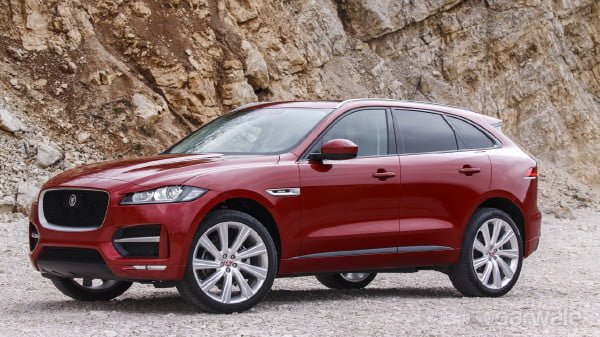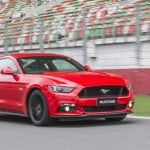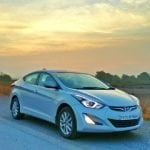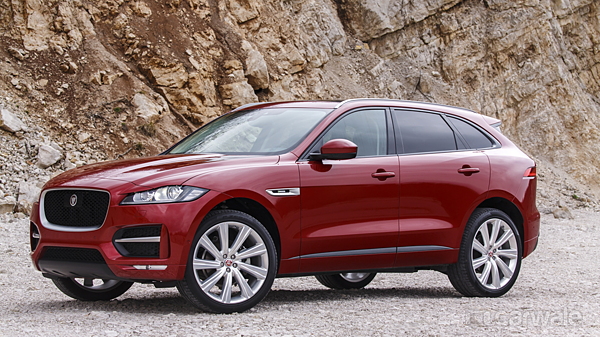
In a country like India, buying a low-slung sportscar is as practical as buying a speedboat in Rajasthan. Our broken roads and larger than life speed breakers post challenges that can turn even short commutes into endurance challenges for these exotics. This is where an SUV with sporting pretentions makes sense in our country. They are practical, can demolish worst of terrain, are mildly capable when the going gets slippery and have the ability to thrill you in a straight line or when you turn the wheel off-centre. The Porsche Macan is the undisputed king of the sport SUV segment and now there is a new contender to its crown – the Jaguar F-Pace. This is Jaguar’s first ever attempt at making an SUV and if the long product presentation is anything to go by, then the F-Pace should have what it takes to be a serious threat.
We were introduced to the F-Pace in quite a dramatic fashion atop a large ferry in picturesque Montenegro. The exterior of the F-Pace is inspired right from the new XE sedan to the low slung F-Type coupe. The large gaping grille and the slim headlamps are typical Jaguar and they have added quite a few traditional cues to amplify the familiar effect. Even the chrome ornament on the front fenders and the tastefully designed tail lamps from the F-Type are in full effect on this SUV. Upfront, the large bumper with massive air intakes gives it presence and makes the F-Pace look intimidating like an SUV should. In profile, the tapering roofline, the 20-inch rims and the flared wheel arches makes it look sporty even when standing still. From the rear, the F-Pace looks quite unique with it looking like an F-Type on stilts thanks to the tail lamps and a heavily raked windscreen. Overall, the F-Pace looks attractive whichever way you look at it and this is one of the most attractive SUVs cum crossovers in its segment.
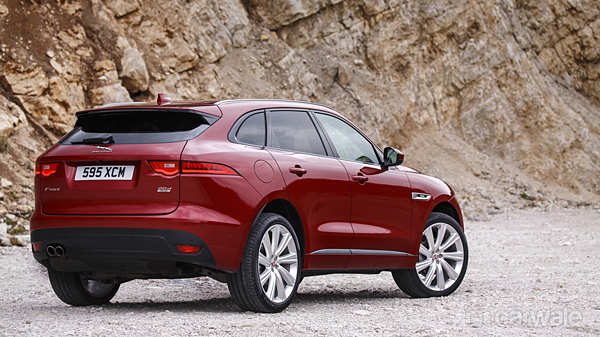
How is it on the inside?
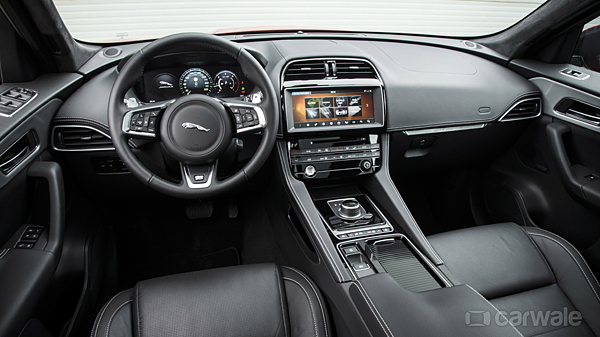
As soon as you step inside the F-Pace you are greeted by the cabin that is unmistakably Jaguar. The dashboard, steering wheel, infotainment screen placement, controls and trims are more or less shared with the XE sedan. The digital instrumentation is all-new though and is more in line with Audi’s virtual cockpit theme. Though it works well it’s not as intuitive as the Audi’s system. Although there are some hard plastic surfaces especially in the lower half of the cabin, overall material quality is quite good and the F-Pace’s cabin is a nice place to be in.
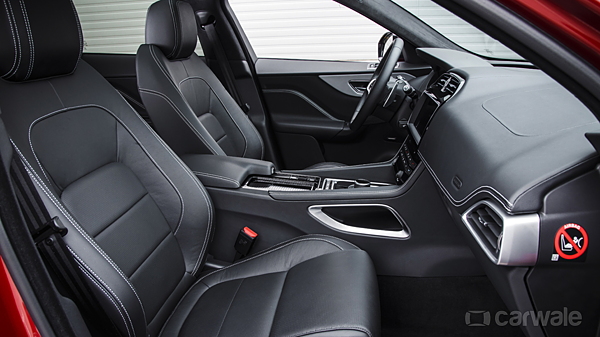
The driving position is spot-on and the high mounted seats afford decent visibility all round. But, like with all aluminium chassis’ the A-pillars are quite thick and the large mirrors obstruct your vision especially at junctions. The front seats are well contoured and they offer great lateral support. There is more than enough space at the rear too and except for the low set seat the bench itself is very comfy and is well contoured to keep you in place. But the bulging backrest and high central tunnel makes it best for three at the back though. The rear seats split 40/20/40 to give you maximum possible flexibility and there are sizeable door pockets, a large glovebox and even the centre console provide plenty of oddment storage.
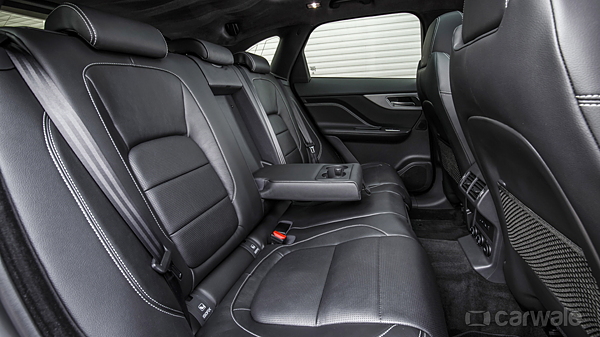
Jaguar has heavily revamped the touchscreen Infotainment too. Christened the InControl Touch Pro the display now is a much larger at 10.2-inches and is powered by a powerful quad-core processor. The user interface and graphics now are much more modern but the touchscreen could have been more responsive. You also get Jaguar’s Activity Key. It is a waterproof, shockproof wristband with an integrated transponder, which is a great feature if you like going to the beach or are into adventure sport.
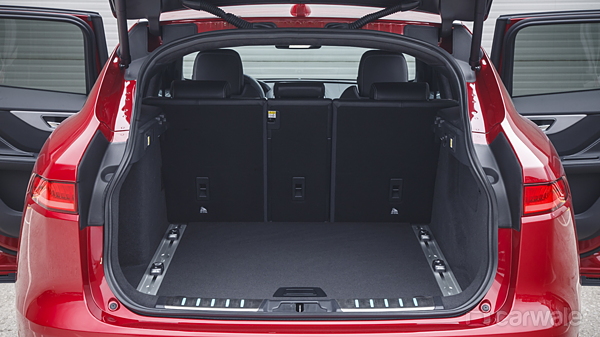
How does it drive?
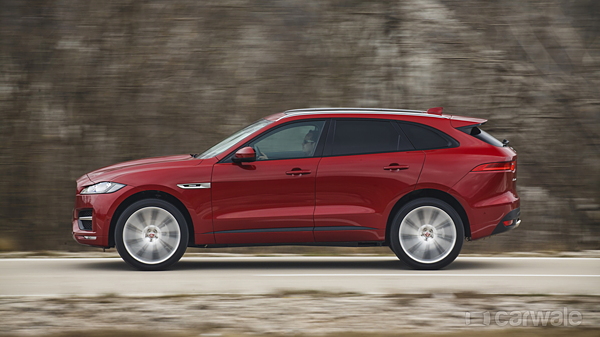
The F-Pace will be the first JLR product to get the new generation Ingenium 2.0-litre diesel engine. It’s a high-tech motor and will replace the old 2.2-litre motor from all existing models. As soon as you start the engine it doesn’t make the greatest of first impressions. It comes to life with some notable shake and shudder, and settles into a gravelly idle and even on the move it is not the quietest of motors. We feel this is a result of Jaguar using aluminium rather than Iron to build the engine block which, though much lighter, is less dense and is nowhere near as good a sound and vibration insulator.
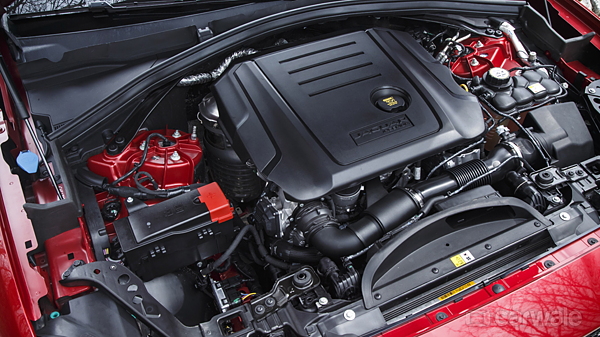
Once on the move the motor smoothens out considerably and the 177.5bhp feels adequate for this 1.8 tonne vehicle. Its delivers power in a smooth, linear manner, rather than with a sudden burst, and it has a lot of elasticity too. Peak torque of 400Nm is produced at 1750rpm, but there’s plenty of shove right from about 1400rpm, and it pulls strongly to about 3800rpm. The power then gradually tails off. On the rare straight stretch we encountered the new motor cruises well too, thanks to the potent 8-speed ZF gearbox with its reasonably tall gearing, and the broad torque spread makes light work of overtaking on highways.
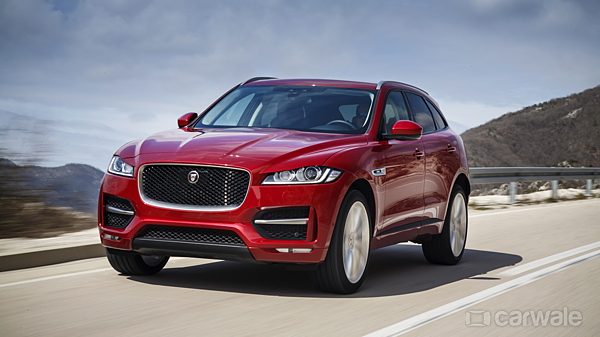
If you want more shove from your sporty SUV then the 3.0 litre V6 diesel ticks all the right boxes. As soon as you start the motor you realise that this 2993cc engine is much more refined and settles down in a quiet idle. This common-rail diesel churns out a very impressive 296bhp and a massive 700Nm of max pulling power. Be it acceleration from a standstill or through the gears, the V6 motor feels right on the money. Throttle response is quite good for an engine with a big Turbo and there is a strong linear surge even when you mash the throttle. The motor is remarkably refined too and even with pedal to the metal, the decibel levels in the cabin don’t really go beyond a distant hum.
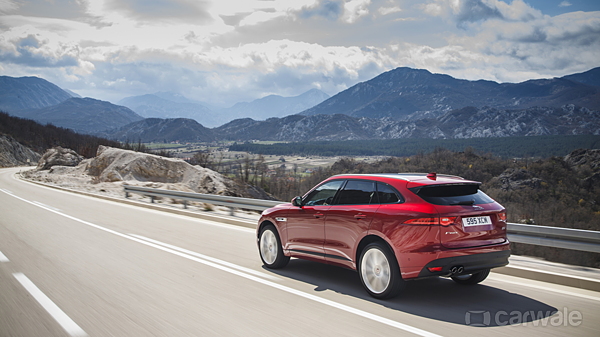
With Jaguar openly claiming that the Porsche Macan is its main rival, it doesn’t come as a surprise that the British marque has gone to great lengths to walk the talk. The F-Pace shares its basic architecture with the very impressive XE sedan. Like the sedan, more than 80 per cent of the body structure is made up of recycled aluminium so the core body weighs at just 300kg. To get the weight distribution a near perfect 50:50 front to rear Jaguar played with different materials – Bonnet is made-up of aluminium, front carrier boasts of magnesium, doors are made up of steel and the entire tailgate is made from plastic composite. Jaguar has also employed Integral link independent rear suspension that claims to offer major benefits over conventional multi-link designs by optimising both lateral and longitudinal stiffness.
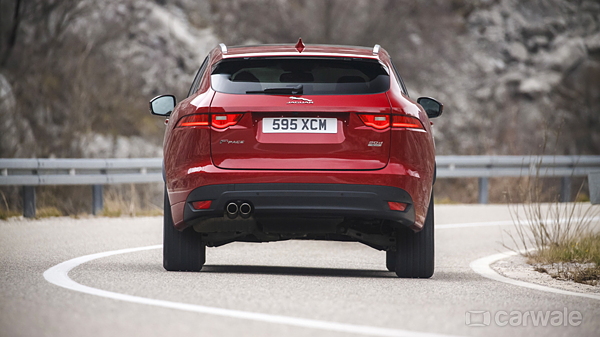
This results in a car that defies its weight and size. The F-Pace just loves quick corners and even quick directional changes are super easy thanks to the beautifully weighted steering and great body control. With 90 per cent of the power going to the rear wheels under normal circumstances, the F-Pace especially on the slippery rain-hit tarmac of Montenegro was ready to wag its tail too. But before things get out of control, the quick acting 4WD system sends power to the front wheels to haul you out of the slide which makes the F-Pace quite easy to exploit. It’s only in the tighter stuff that you feel the weight of this SUV as around tight hairpins it induces quite a bit of understeer.
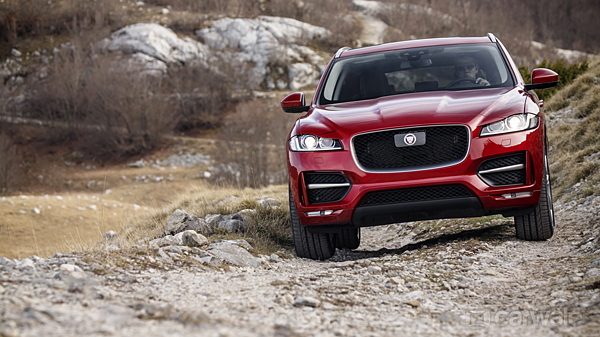
The icing on the cake is the way the F-Pace felt even on the worst of surfaces Montenegro had to offer. It rides with maturity and even bad patches of tarmac is dispatched easily. The F-Pace does have an underlying layer of firmness, but is well judged and it never gets uncomfortable. You also get Eco, Normal and Sport setting to alter the suspension stiffness, gearbox and throttle response. The best part is all these modes are usable in most conditions which makes the F-Pace all the more impressive.
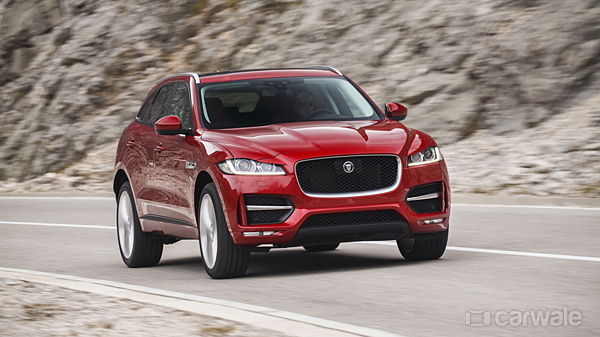
Should I buy one?
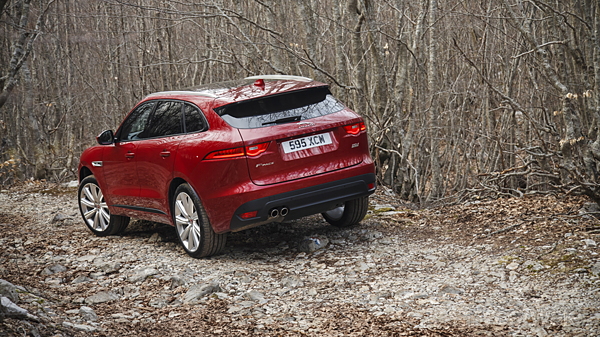
If you can afford one then you definitely should. It has ample pace, is great to drive, has a well-appointed comfortable cabin and being an SUV practicality is uncompromised too. Though it won’t match the likes of the Land Rovers for serious mud-plugging duties, this Jaguar SUV is still quite capable on its own. Amongst the two diesels our pick will be the larger 3.0-litre V6 as it makes the F-Pace properly quick and is much more refined too. So at its first attempt at making a SUV, Jaguar seems to have nailed it. Despite the height, size and weight, the F-Pace feels like a genuine Jag that just has the finest driving manners.
Where does it fit in?
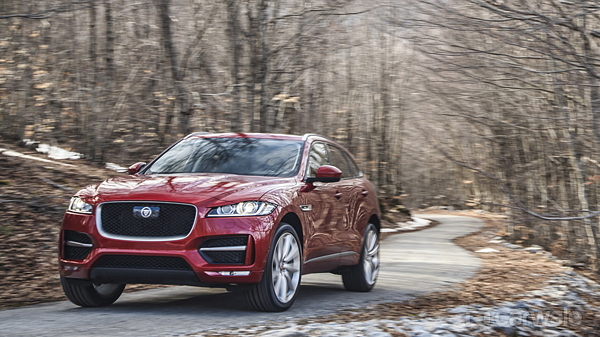
As it will be a direct import we expect the F-Pace to cost nearly a crore. Its main rival will be the Porsche Macan which costs between Rs 1-1.11 crore.
[“source-carwale”]



